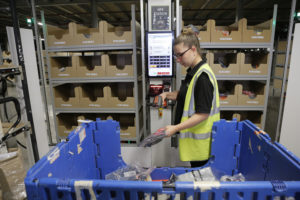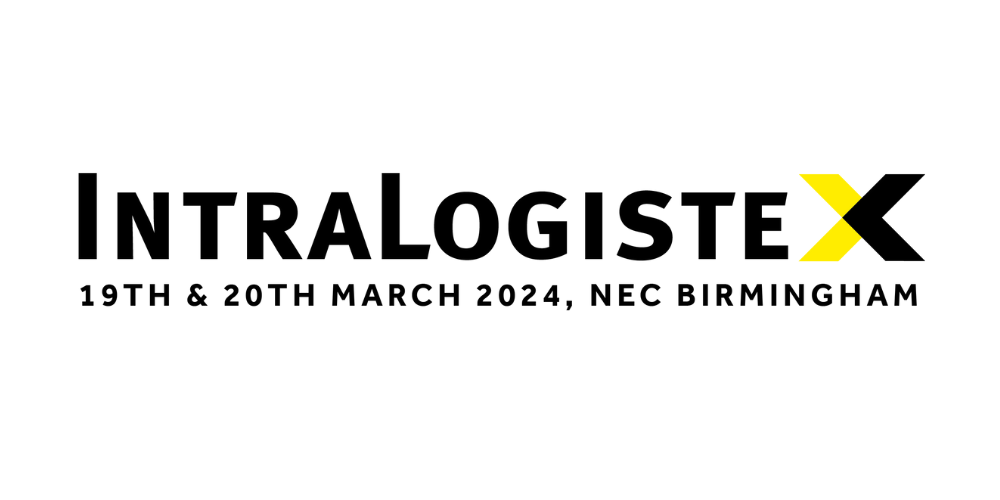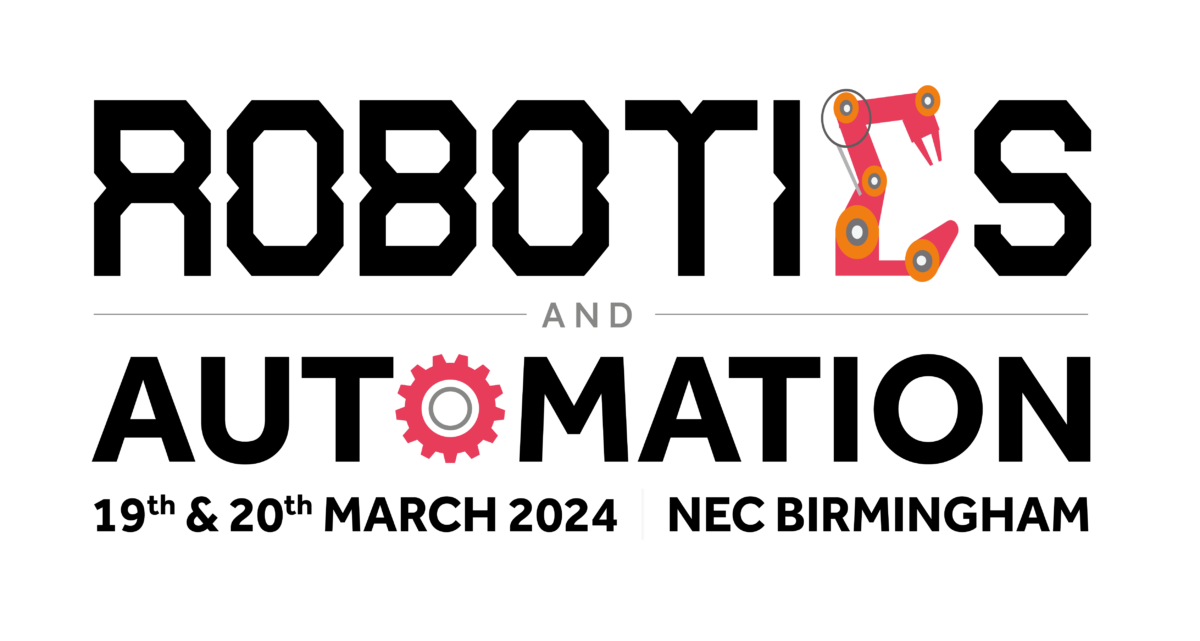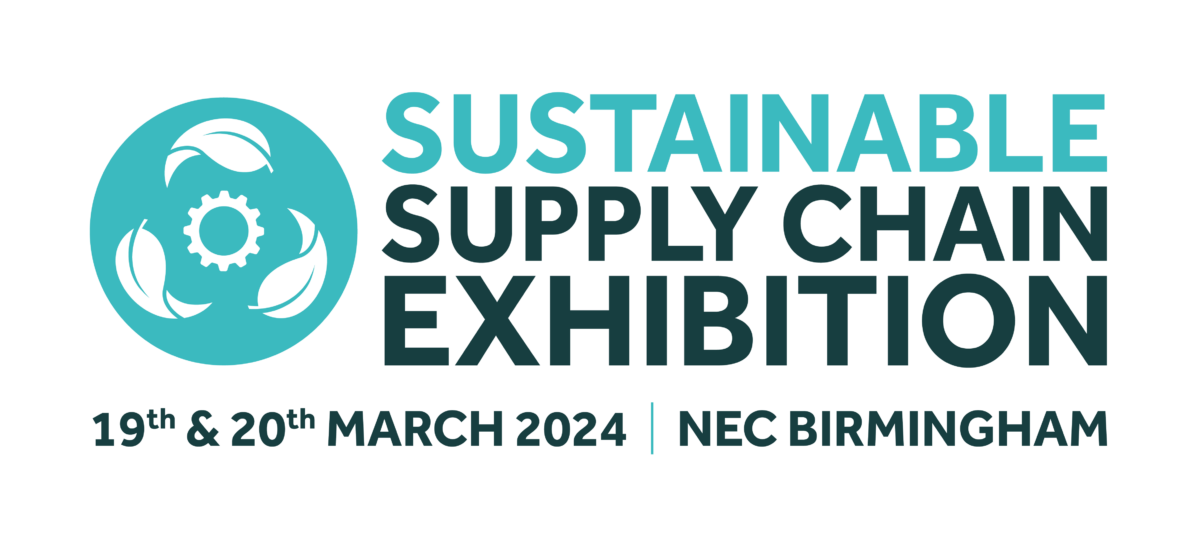Much to my own personal disappointment I found myself recently drawn into a social media spat regarding politics. Yes… I know. I shouldn’t have done it. I was disappointed in myself and should have risen above it, but sometimes you see something that just pushes your buttons.
In this case it was on LinkedIn, the ‘professional’ network. I saw several senior businesses leaders, and some in this sector, decrying the role of journalism during Covid-19. There was an (unfounded in my view) accusation that the press was not doing enough to reflect the national mood of unity, the spirit of togetherness, that the response to the Covid-19 pandemic had brought.

I found it a curious notion, particularly from well-educated business leaders, that somehow the role of the journalist was to reflect something as intangible as mood. That journalists would wave the flag of propaganda, instead of reporting on facts, statements and events… it seemed to me to be a fundamental misunderstanding of the role that journalism plays in society, and the professionalism required to produce quality, accurate reporting.
In my 20 years of business journalism experience I am constantly astounded by the lack of understanding as to how the press works. Many a time someone has been astounded that I would quote them (yes, you just spoke to a journalist, so don’t be surprised that your comments are on the record) or that they don’t get the chance to sign off on statements in the way they would with a press release for a PR agency.
In these times I would urge business leaders, particularly those in logistics and supply chain, to seek out experienced, quality and honest reporting. Doing anything else is a disservice to your understanding of events and their impact on your operations.
It also seems quite apt that such a dispute would happen in the same week that Microsoft said it would be replacing some journalists on its MSN platform with artificial intelligence curation. A worrying development in my book!
 Yet, this moral quandary is being faced by many supply chain and logistics operations. The notion that the human side of an operation is somehow dispensable; that jobs previously performed by people can now be replaced by robots, automation or artificial intelligence.
Yet, this moral quandary is being faced by many supply chain and logistics operations. The notion that the human side of an operation is somehow dispensable; that jobs previously performed by people can now be replaced by robots, automation or artificial intelligence.
This came up in a discussion I had yesterday with senior management at one of the largest 3PLs in the country, but as fears go, I’m relieved to say it is somewhat unfounded. In fact, this 3PL is recruiting at a high level and continues to do so, and it is using the very cutting edge of technology to augment the abilities of its workforce.
So this means that one particular employee is delighted to tell her colleagues, family and friends that she works with robots all day, rather than being a pick-and-pack warehouse employee. Using an AGV improves individual employee productivity, career development and self-worth. But it also allows for e-commerce contracts to run at astoundingly high levels of output and responsiveness – exactly what the post-Covid-19 economy will require.
The use of robotics, automation and digitisation in logistics and the supply chain will expand the skills available in the sector. It will be transformative from a recruitment point of view, as well as when it comes to educating children as the next generation to work in the sector. to that end my six-year old is already learning coding at school…

I only hope that when I get to work with an AI algorithm it helps to improve the quality of my output as well!
Christopher Walton, Editor, Logistics Manager







